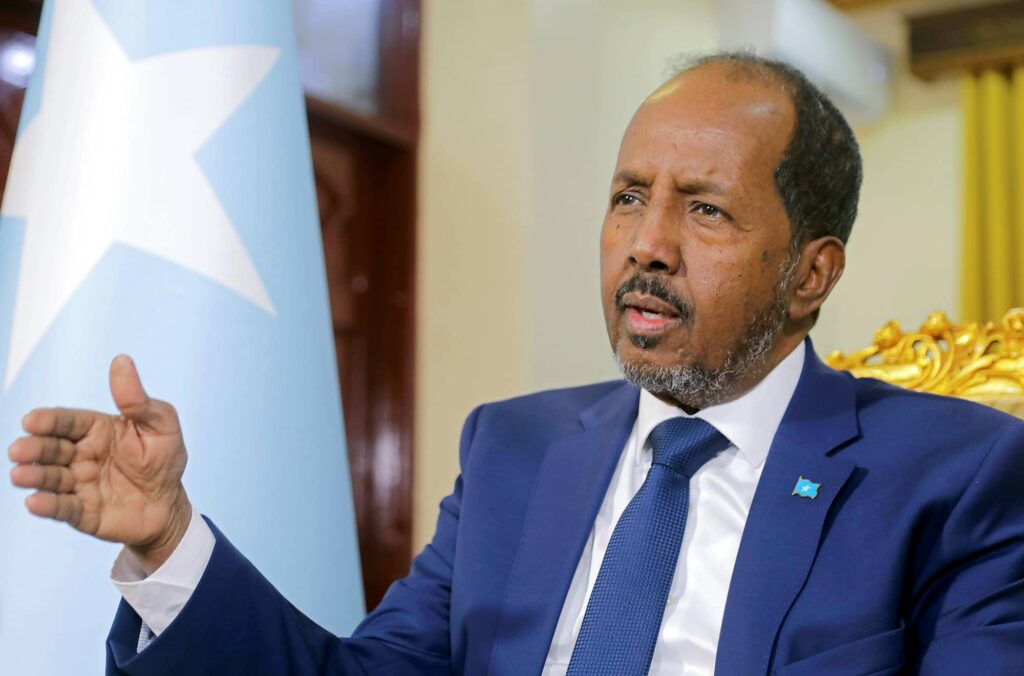TikTokers who insulted Somalia’s president in dance video arrested

A group of TikTokers has been arrested by police after they insulted the Somali President in a dance video, according to BBC News, September 16.
The arrests follow a video that was posted online of several men dancing to the backdrop of a remixed song from Hassan Sheikh Mohamud’s record 2022 Presidential bid, only this time with derogatory lyrics.
Local police have yet to issue further comment on the case, but have confirmed that the suspects are now in custody.
Somalia is not new to arresting people based on social media posts. Influencers have previously been arrested for making insults online based on clan culture, content vaguely denounced as ‘immoral’ as has happened in other countries, or even cases of incitement on platforms such as TikTok.

This latest case is the first involving a politician as senior as the Somali President.
A court case last year saw the arrest of 7 influencers for sparking civil unrest and spreading immorality in the capital of Mogadishu.
Authorities claim that this latest video breaches the criminal code in Somalia, and although the original video uploaded by the creator’s account has been removed, the video continues to circulate on TikTok as the public shares and discusses the content online.
In response, authorities in the country are cracking down on freedom of speech as they warn the public that “the full force of the law” will be brought to bear against those who dare to insult national institutions or respected political figures, as Police spokesman Gen Abdifatah Aden said in a public statement.
TikTok continues to be a major issue in Somalia, as the use of the platform has caused similar headaches for the government in the past, sparking a new debate among the country’s people about the role of social media in their access to freedom of speech.
For many, they are concerned that the video will only contribute to an already profound division in the political, economic, and social structures of Somalia, especially during a moment in the country’s history of fragile governance. However, many do not possess such qualms; instead, they express support for the video and its content, believing that there should not be such a conservative restriction on free speech.
Like many countries, TikTok in Somalia is popular among its domestic and diaspora populations, particularly with younger generations who use the platform to engage with politics and satirical messaging, such as the video in question. The inability to control the platform’s content and what citizens have access to or the ability to publicise has been cause for concern among many governments, with Somalia following similar notions in 2023 to ban TikTok completely.
The government in Mogadishu claimed the social media app was a risk to national security and believed it to be a threat to social and moral norms and values.
Ultimately, this action was not taken due to immense opposition from the public. Though the authorities continue to insist the platform is being used to circulate extremist messaging as well as to spread defamatory content.
BBC News, Maghrebi.org
Want to chase the pulse of North Africa?
Subscribe to receive our FREE weekly PDF magazine












